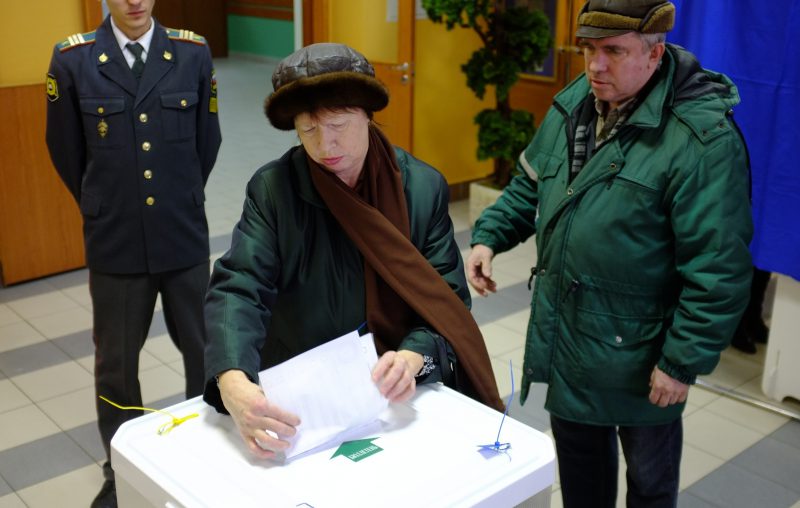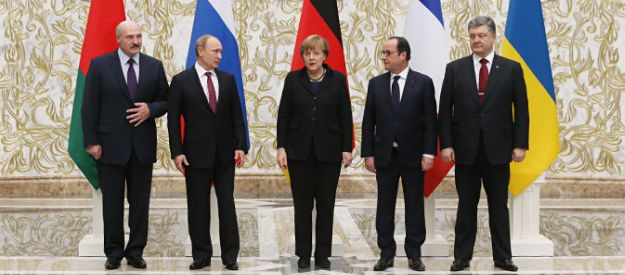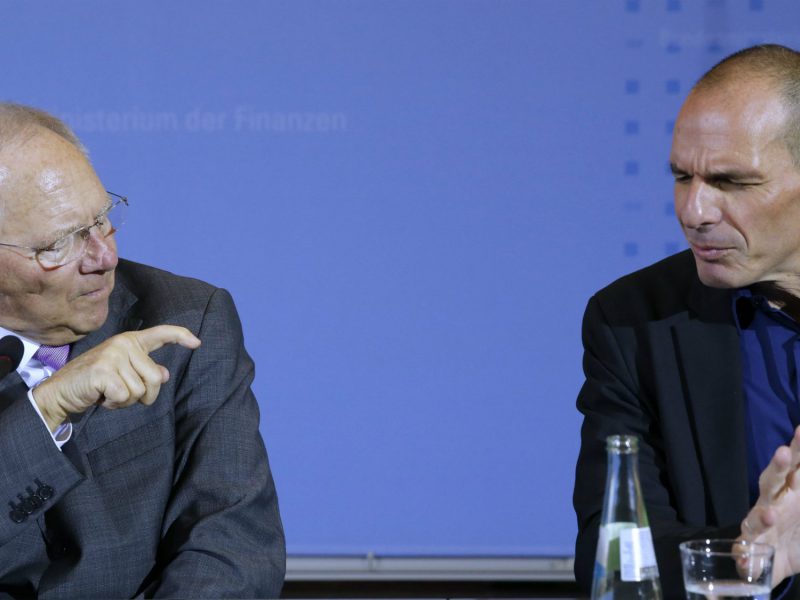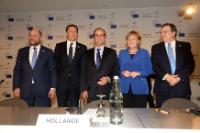“Elections and democracy: one and the same thing?”
By Jasmina Dimitrieva
Are elections and democracy one and the same thing? Not only voters, but also elected officials sometimes confuse democracy with elections. Such mental attitude sees the internationally guaranteed right to public participation in decision-making reduced to elections. The inherent risk is that public participation in the formulation and implementation of public polices for common good, as enunciated in the constitutions of Europe, remains a philosophical concept, with the elections as a sole manifestation of democracy on the physical plan. While looking at the other side of the coin, it seems beyond imagination nowadays to have in place a democratic system of governance without first holding elections, and without a meaningful parliamentary opposition.






